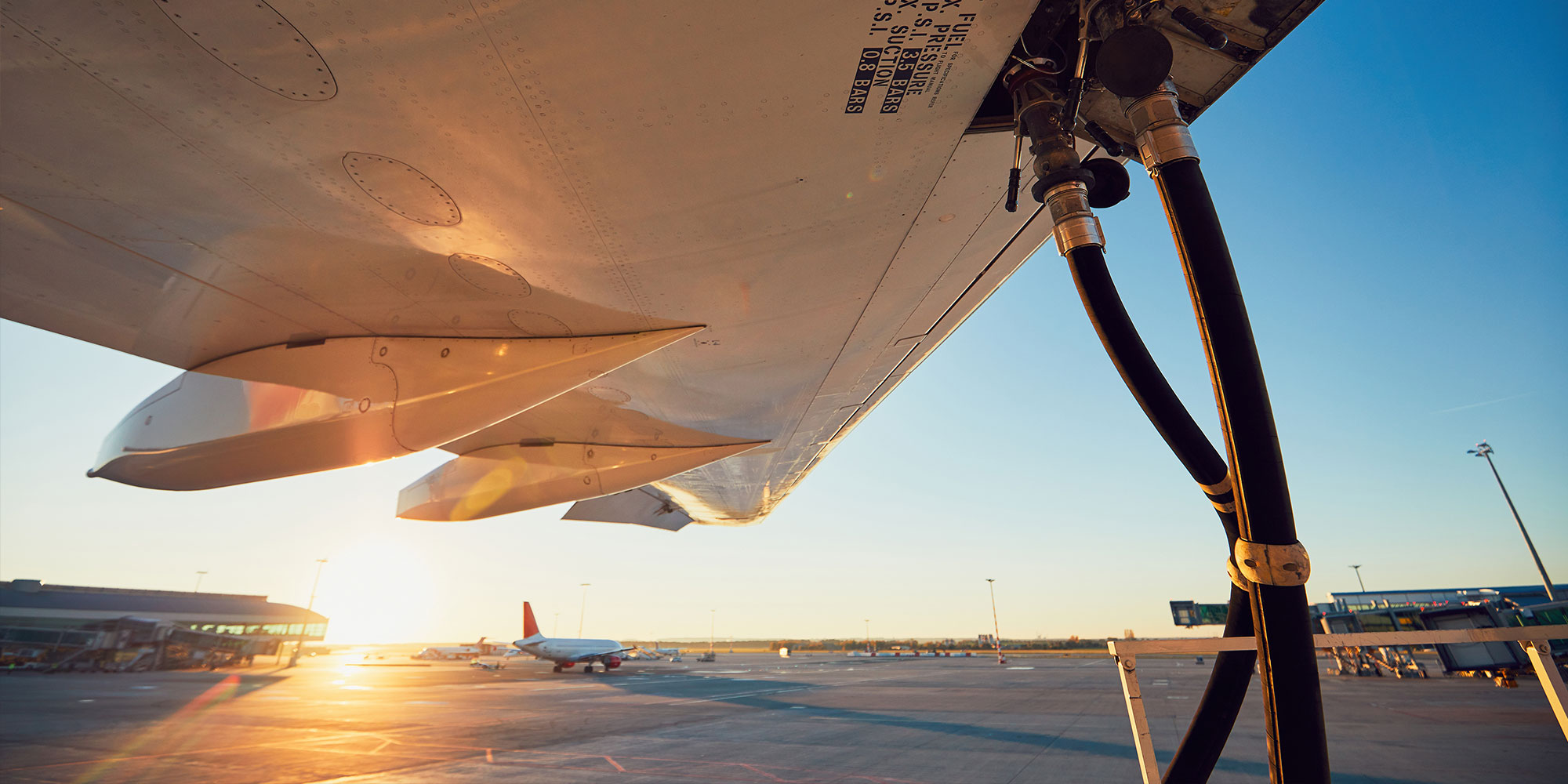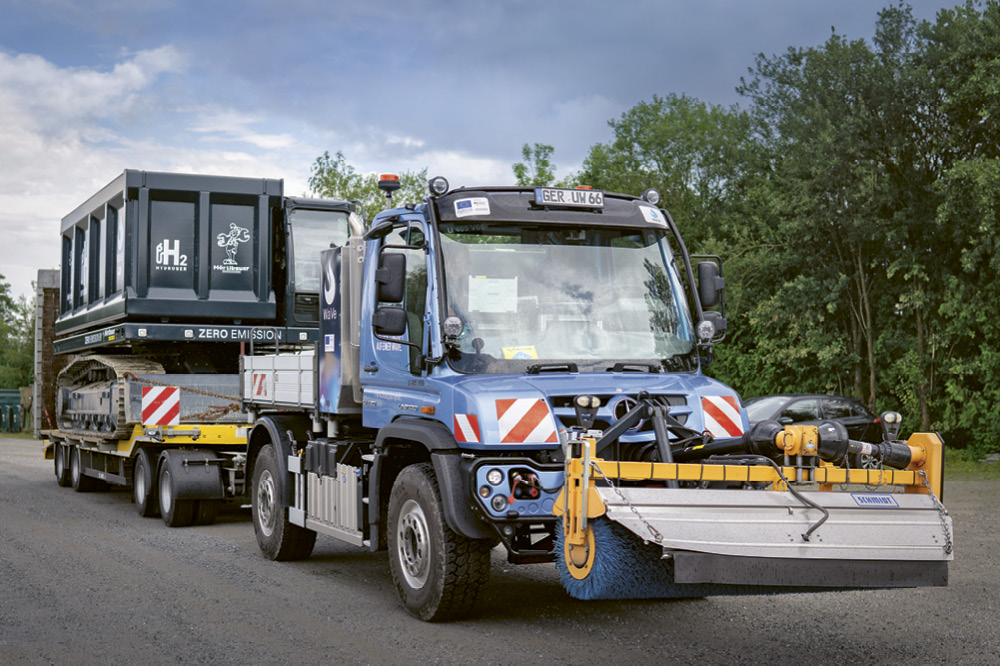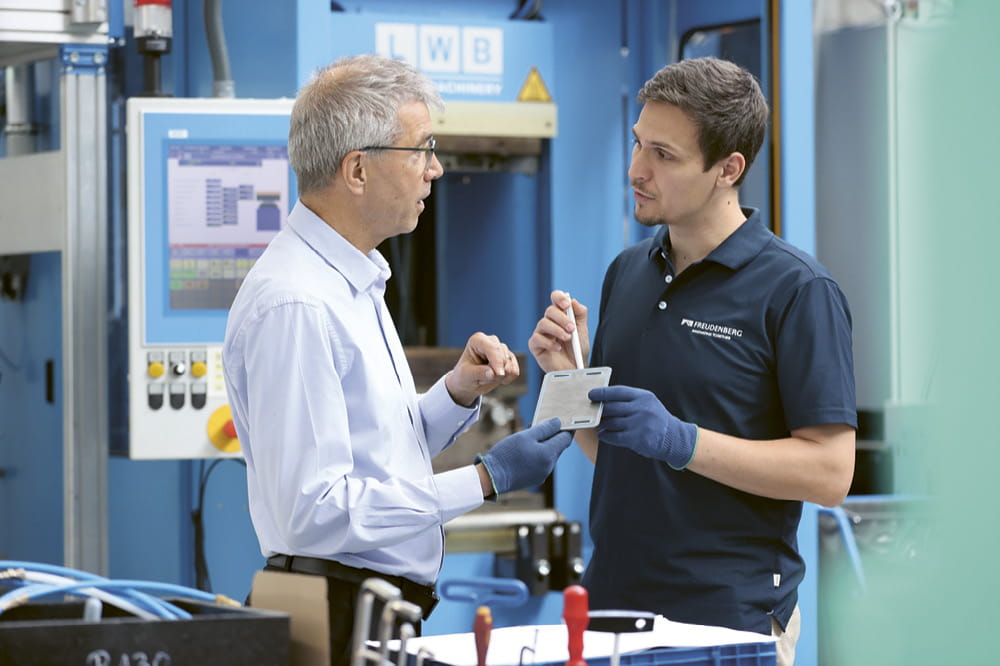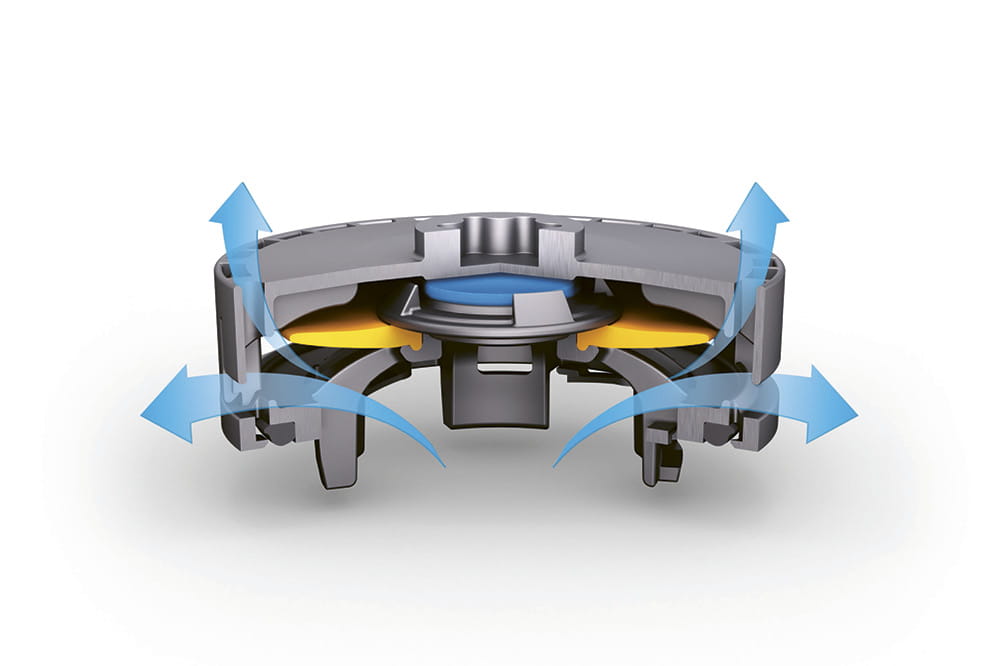Obtain news and background information about sealing technology, get in touch with innovative products – subscribe to the free e-mail newsletter.

Fuels from Coffee and Dairy Products
Petroleum-based fuels generate massive CO2 emissions. That’s why a search for more ecological alternatives has been underway over the past few decades. Two recent findings are drawing attention in the biofuels field.
Biofuels have a fundamental problem. Farm acreage is needed to produce them from sugarcane, rapeseed or some other renewable material. But this takes land out of food production, which can affect food prices. One alternative would be to make more farm acreage available by clearing forests. That undesirable prospect is one of the main reasons that researchers and companies are looking for other ways to produce biofuels. Two new options for producing these fuels or admixtures from biological waste have recently made headlines, and they are suited for both aviation and road vehicles.
Jet Fuel Substitute Made from Acid Whey
Acid whey is a byproduct in the manufacture of dairy products like yogurt, farmer cheese and cottage cheese. An international research team has succeeded in extracting a pure biological oil from acid whey by adding bacteria cultures. This involved two production steps in a controlled process in a bioreactor. The process yields organic materials with long carbon chains suited for further processing into a biofuel – completely without adding costly, carbon-rich chemicals.
The acid whey first enters a tank heated to 50 °C. Here bacteria cultures are added, and the sugar in the whey is converted into acid. Then products are formed from this intermediate solution in a tank heated to 30°C. They consist of long carbon chains containing six to nine carbons in a row. The highlight: In a refinery, the oil-like result can be processed into aviation fuel. Another advantage: The acid whey, which largely cannot be used as animal feed due to its acidity, would not have to be discarded or spread over farmland. Instead, it could be recycled into a valuable material that could be a substitute for jet fuel – which harms the environment.
Fuel Admixture Made from Coffee Grounds
Since late 2017, a biofuel mixture has been powering some of London’s famous red buses in city traffic. But it’s made from coffee grounds, not dairy waste. Coffee is enjoyed day in and day out throughout the world, and the British capital is no exception. About 200,000 tons of coffee grounds pile up annually in London alone. And the grounds have what it takes – they are considered unusually rich in energy. A young British entrepreneur has been exploiting this feature. He has been pressing the oil out of dried coffee grounds and converting it into a biological mixture with other fats and oils in a separate process. When it is mixed with regular diesel fuel, a new B20 biodiesel results. The first factory is already capable of recycling 50,000 tons of coffee grounds. Coffee houses and factories throughout Britain are providing the raw material. As a result, coffee grounds are ending up in a biofuel, not in the trash or a composting bin. The fuel can now do its part to reduce carbon dioxide emissions in the British capital.
More Stories About E-Mobility











